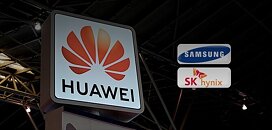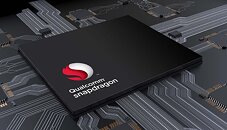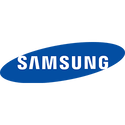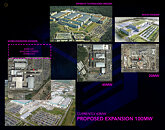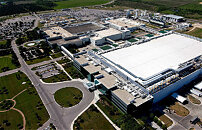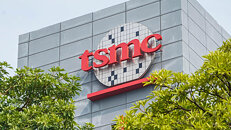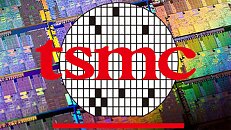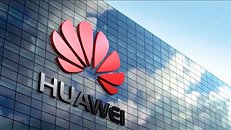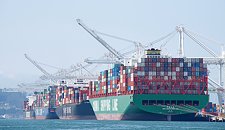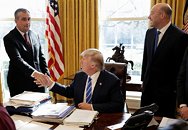Samsung and SK Hynix to Impose Sanctions Against Huawei
Ever since the Trump administration imposed sanctions against Huawei to stop it from purchasing parts from third-party vendors to bypass the ban announced back in May, some vendors continued to supply the company. So it seems like some Korean manufacturers will be joining the doings of the US government, and apply restrictions to Huawei. According to the reports of South Korean media outlets, Samsung Electronics and SK Hynix will be joining the efforts of the US government and the Trump administration to impose sanctions against Chinese technology giant - Huawei.
It is reported that on September 15th, both Samsung and SK Hynix will stop any shipments to Huawei, where Samsung already stopped efforts for creating any new shipments. SK Hynix is said to continue shipping DRAM and NAND Flash products until September 14th, a day before the new sanctions are applied. Until the 14th, Huawei will receive some additional chips from SK Hynix. And it is exactly SK Hynix who is said to be a big loser here. It is estimated that 41.2% of SK Hynix's H1 2020 revenue came from China, most of which was memory purchased for Huawei phones and tablets. If the company loses Huawei as a customer, it would mean that the revenue numbers will be notably lower.
It is reported that on September 15th, both Samsung and SK Hynix will stop any shipments to Huawei, where Samsung already stopped efforts for creating any new shipments. SK Hynix is said to continue shipping DRAM and NAND Flash products until September 14th, a day before the new sanctions are applied. Until the 14th, Huawei will receive some additional chips from SK Hynix. And it is exactly SK Hynix who is said to be a big loser here. It is estimated that 41.2% of SK Hynix's H1 2020 revenue came from China, most of which was memory purchased for Huawei phones and tablets. If the company loses Huawei as a customer, it would mean that the revenue numbers will be notably lower.
